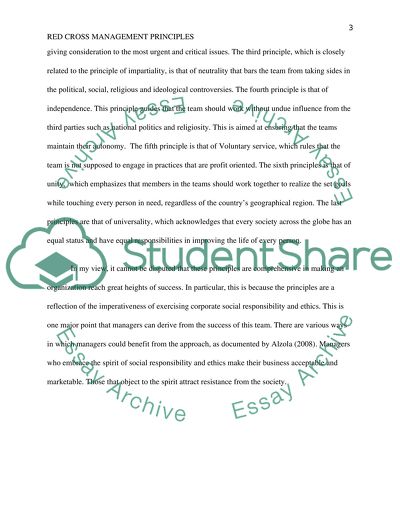Principles of Management and Elements of Control Assignment - 1. Retrieved from https://studentshare.org/human-resources/1616044-principles-of-management-elements-of-control
Principles of Management and Elements of Control Assignment - 1. https://studentshare.org/human-resources/1616044-principles-of-management-elements-of-control.


